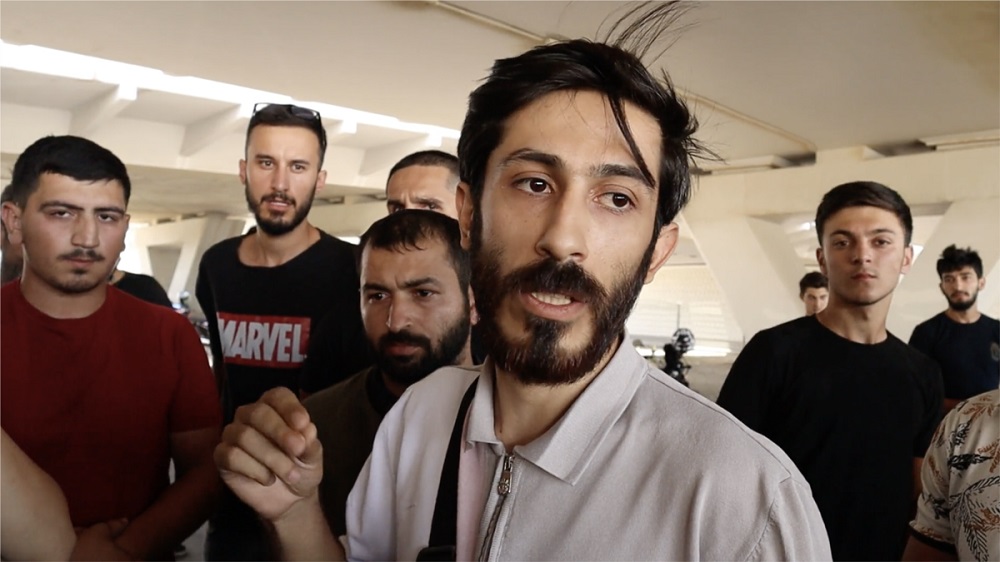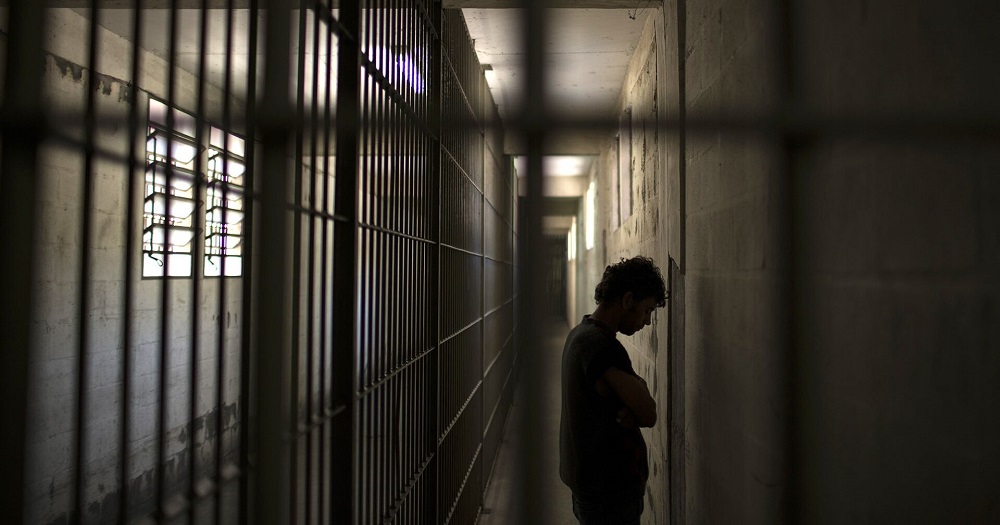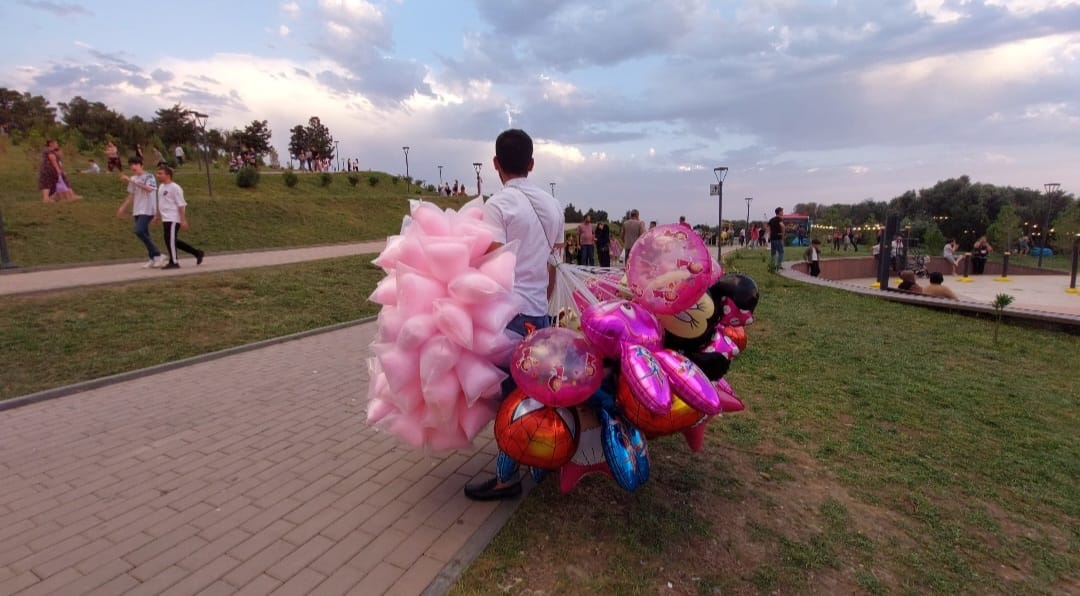Prisoners’ phone rights in Azerbaijan — letter from jail
Life behind bars in Azerbaijan
The right of prisoners to phone calls — Afiyaddin Mamamdov, head of the Labour Desk Trade Union Confederation, sentenced to 8 years in prison, writes from jail for JAMnews.

“The only link a prisoner has to the outside world from behind prison walls is the phone.
For someone cut off from the flow of information and deprived of freedom, the phone is a source of hope.
Some prisoners return from calls with good news, others with bad.
Most, however, wait anxiously for their next call, counting the hours. The cycle repeats again and again.
One of my fellow inmates said his mother lives abroad and is seriously ill. Since he can’t call her every day, he tells her he’s ‘out of network coverage.’”
Afiyaddin Mammadov notes that in Azerbaijan, prisoners’ rights to phone calls are regulated differently across various facilities.
In temporary detention centres, Ministry of Internal Affairs administrative detention centres, pre-trial detention centres, and penitentiary institutions, time for phone calls is strictly limited.
Law and practice
According to Azerbaijani law, prisoners are entitled to two phone calls per week, each lasting up to 15 minutes (a total of 30 minutes). However, Afiyaddin notes that the phrasing “up to 15 minutes” in the law creates room for abuse. The implementation of this right varies between institutions:
- MIA temporary detention centres: Prisoners cannot call their relatives directly. They give the contact number and their request to a police officer, who makes the call on their behalf. Some officers exploit the situation, asking the prisoner’s relatives for personal items in return.
- MIA administrative detention centres: Inmates are allowed just one minute of phone time per week. Previously it was two one-minute calls, but this was reduced without explanation. The legal basis for this restriction is unclear.
- Penitentiary institutions: While the law allows two 15-minute calls per week, some facilities limit this to just 10 minutes, citing a shortage of phones or the high number of inmates. In some places, call time starts from when the number is dialled; in others, only from when the call is answered.
Payment and the issue of ‘konturs’
In Ministry of Internal Affairs (MIA) facilities, phone calls are paid for by the institution. In penitentiary institutions, calls to landlines are free, but for mobile calls, prisoners must purchase “konturs” (credit balance).
Afiyaddin writes that shouts of “who’s got konturs?” have become commonplace in prisons, leading to a kind of informal trading system among inmates.
Neighbouring experience: Turkey
In Turkey, prisoners’ phone rights are organised in a more flexible and convenient way. Under Turkish law, the state provides inmates with a set amount of call time each week, which may vary depending on their civil status.
Once the free time is used up, prisoners can purchase additional minutes. Since the minutes come in the form of cards, inmates can manage and distribute them across different weeks. This system is both convenient and transparent.
Proposals
Afiyaddin Mammadov believes that improving prisoners’ phone rights in Azerbaijan could support their social reintegration and help strengthen family ties. The experience of neighbouring countries, particularly Turkey, could offer solutions to several issues:
- Increase in call time: Raising the weekly limit beyond 30 minutes would allow inmates to maintain closer contact with their families.
- Transparent “kontur” system: The process of acquiring mobile call credit should be clear and accessible. Innovations such as a card-based system could reduce abuse.
- Preventing abuse: To avoid misconduct by MIA staff, inmates should be allowed to make calls directly.
A prisoner’s right to a phone call is not just a conversation — it’s a bridge connecting them to their family and society. The strength of that bridge depends on the state’s humanitarian approach and fair application of the law.
The example of countries like Turkey could inspire a more effective system for both inmates and the state.






















